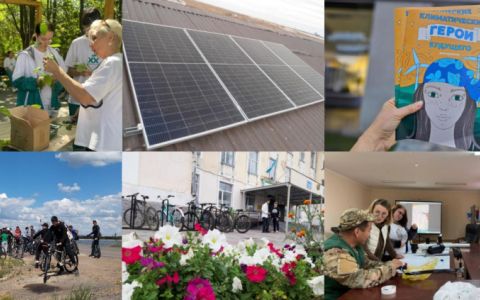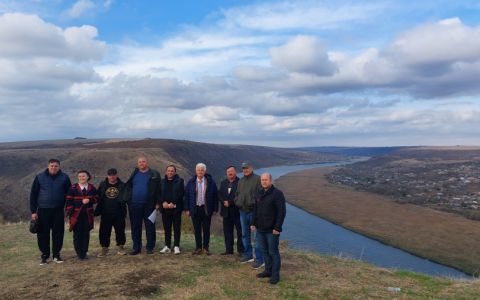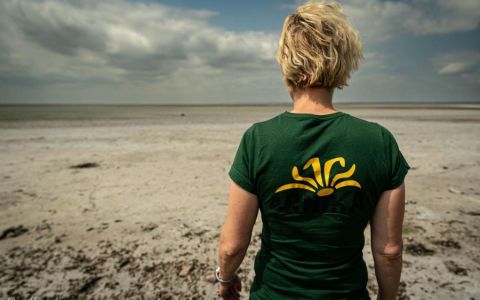Spolana Neratovice will have to shut down the operation of the amalgam technology of chlorine manufacturing by the end of 2014, and it will have to submit a new application for the IPPC (Integrated Pollution Prevention Control) permit by 2010. This was the result of the hearing of the procedure to issue the IPPC permit for the chemical plant in Neratovice. During it, Arnika requested that Spolana stops chlorine manufacturing using mercury in 2010 already, and, thus, saves its surroundings from unnecessarily released 2.5 tons of the toxic heavy metal.
„Naturally, we are displeased that we have not succeeded in achieving our aim and in shortening mercury releases by five years. Unfortunately, none of the other parties to the procedure (Czech Environmental Inspectorate, regional public health authority, Neratovice city, Libiš municipality, and the Regional Council), nor the Regional Authority which decides on issuance of the IPPC permit, were on our side. Thus, it was not even possible to attain a better compromise,“ the Arnika's chairman, Jindřich Petrlík commented the procedure.
He considers important that the Regional Authority will set a clear time schedule for Spolana, according to which it will have to change to mercury-free chlorine manufacturing by the end of 2014, at the latest. „We are not delighted with the result, but without our participation in the proceedings, Spolana would probably obtain the integrated permit valid till the end of 2015, without a fixed time schedule. Thus, it could easily happen that conversion to more environmentally-friendly chlorine production would not be finished even at the end of 2015,“ said Petrlík.
In the course of the procedure, Arnika succeeded in pushing through several other measures which would result in more environmentally-friendly operation of the chemical plant. For example, the limit for hydrogen chloride discharges from the hydrochloric acid manufacturing plant was reduced from 25 mg/m3 to 18 mg/m3. Spolana will also have to provide information on mercury content in wastes in the annual report about meeting the IPPC permit requirements. Thus, these data will be made available to the public. Spolana should also perform measurements of persistent organic pollutants (dioxins, PCBs, hexachlorobenzene) in wastes from the chlor-alkali plant.
Now, Arnika together with other non-governmental organisations will concentrate on tightening of the European Union strategy concerning mercury. The regulation which is being prepared by the EU could shorten the term for change to mercury-free technologies not only for Spolana, but for a number of chlorine chemistry plants all over Europe. „We consider as success each year by which we will succeed in shortening the time of chlorine manufacturing using mercury,“ added the Arnika press agent Marek Jehlička.






